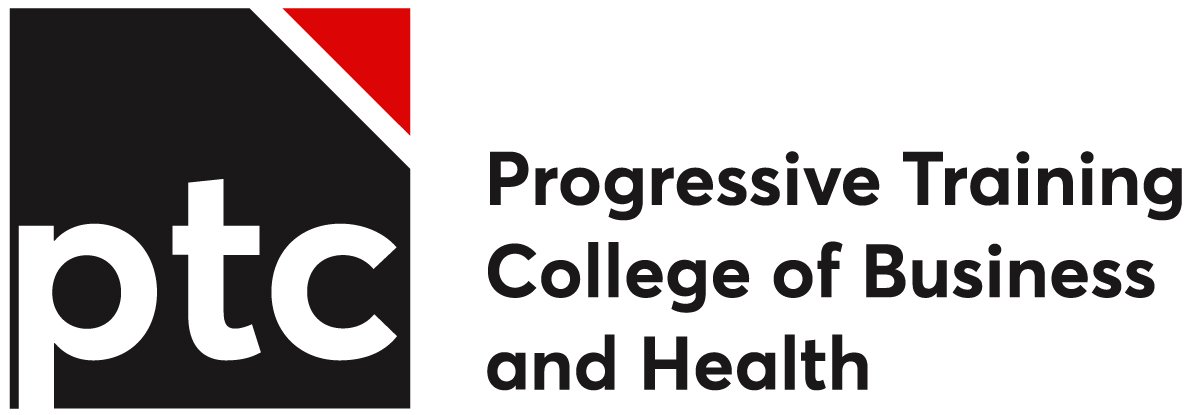Accounting Certificates
Upgrade your office admin skills and improve your employability with PT College’s accounting short courses!
Upcoming Start Dates: Please contact us for upcoming start date
Program Overview
-
In Accounting Level 1 students are introduced to accounting concepts and procedures. They learn about debits and credits and how to analyze and record business transactions. Students also learn about the accounting cycle from journalizing and posting to doing trial balances. They also learn how to prepare worksheets and financial reports including how to adjust and close a trial balance.
-
Students learn how to record special journals such as sales and cash receipts, purchases and cash payments. Advanced topics such as the synoptic journal and preparing a worksheet for a merchandising company are also covered. Other topics include accounting for bad debts, accounting for merchandise inventory and how partnerships and corporations work.
-
Students are introduced to QuickBooks bookkeeping software. Students learn how to set up new data files, vendors and customers Lists. They learn how to process accounts payable and accounts receivable transactions, and they create reports and graphs in QuickBooks to support small business activities.
-
Simply Accounting: Students are introduced to SAGE 50: Simply Accounting software. Students learn how to set up and interact with the different ledgers in Sage to support small business activities. In addition, students perform general ledger, accounts payable, accounts receivable and payroll transactions; and create business reports.
Bookkeeper in Ontario
This occupation usually requires a college diploma (community college, institute of technology or CÉGEP), an apprenticeship training of 2 or more years, or experience working in a supervisory occupation.
NOC Code: 12200 | Source: www.jobbank.gc.ca





